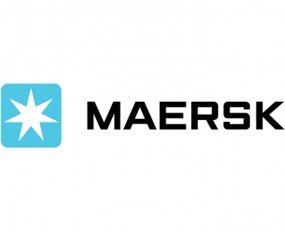
Leveraging data for strategic advantage is increasingly important in logistics, with the latest example being Maersk Tankers connecting with a ‘quant’ based commodity investment fund.
In a statement yesterday, Maersk said that its tanker business had “entered an equity agreement with CargoMetrics Technologies LLC, a Boston-based hedge fund specialising in quantitative trading models derived from shipping data”.
The purpose for doing so was to “accelerate our use of digital solutions to enable our business strategy, which will deliver value to our customers and partners while we generate income and develop our position as the digital frontrunner in the product tanker industry”.
This is not a very informative explanation but the principle seems fairly obvious. Better analysis will enable Maersk to position its tankers where it gets the best rates. For a company as large as Maersk this is an energetic step.
Cargo Metrics is an investment fund that collects data transmissions from ships and feeds them into computer models that generate predictions on the price of commodities and currencies. The concept is far from original, however the use of shipping data is innovative whilst the quality of the IT-based ‘quant’ models used by these investment companies have improved over the past few years.
What is of interest to the logistics sector is how this sort of approach can be used to optimise logistics assets. Certain parts of the shipping sector have had this approach for many years. For example, the tank-container business is essentially a commodity trading business and the leading companies run their businesses like trading firms. However, the intensity of data-flow and analysis appears to be greater in the Maersk case.
Maersk is working hard to create differentiation in the shipping business and this move appears to be part of that effort. It has to be viewed as vital to Maersk’s future in a sector that is characterised by such poor returns. It is an example to the rest of the wider logistics sector that even shipping is increasingly defining itself by information management rather than physical assets.
Source: Transport Intelligence, August 24, 2017
Author: Thomas Cullen